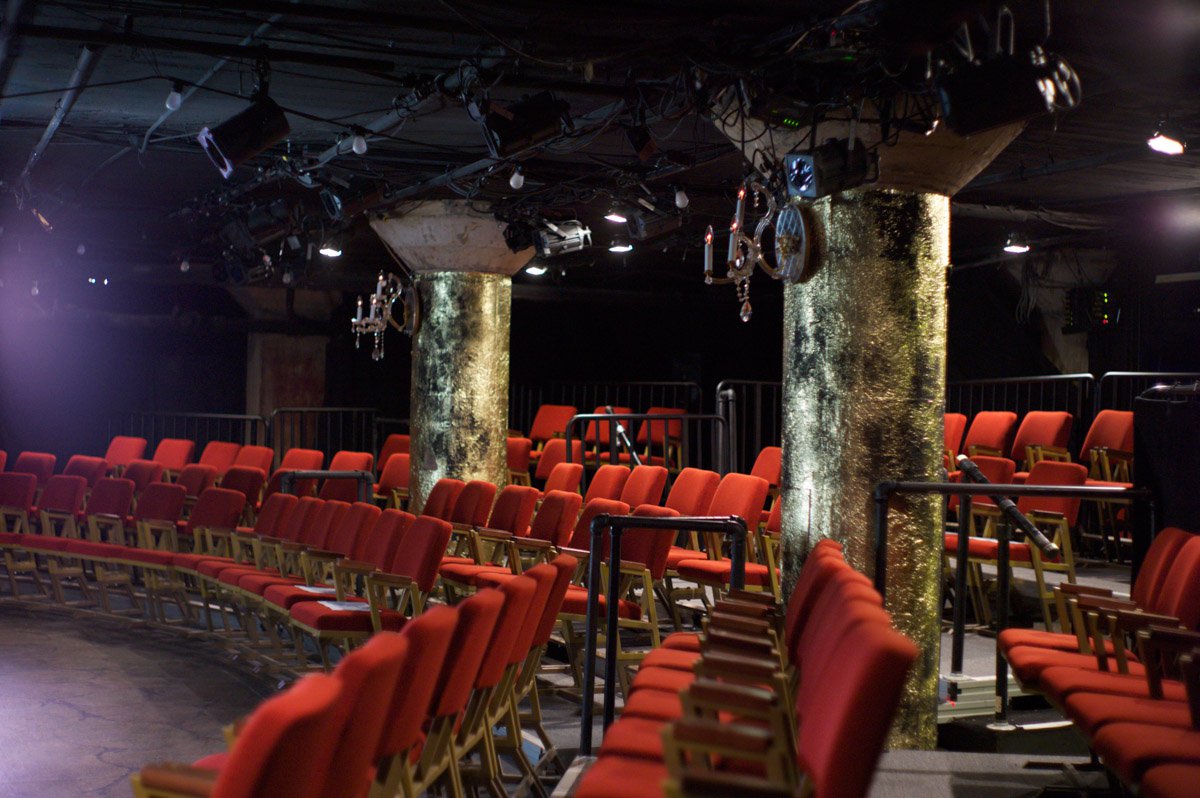A new survey estimates that Dallas arts and culture organizations have suffered losses exceeding $95 million during the COVID-19 pandemic, including the loss of more than 1,000 jobs. The survey was conducted by the Arts Community Alliance (TACA), the Dallas Arts District, and the Dallas Area Cultural Advocacy Coalition (DACAC), and it reflects cultural operations from the beginning of the pandemic shutdown in March 2020 through November 30. Lost revenue and attendance for holiday shows and performances not included in this latest survey likely mean the impact to the local arts ecosystem is even greater.
The survey asked 70 area arts and cultural organizations to self-report how ongoing closings during the pandemic have impacted revenue, operations, and staff. The survey found that, despite the Texas reopening guidelines issued last summer, most local arts and cultural organizations have remained closed or have canceled performances.
The biggest reasons organizations gave for the continued closures and cancellations were artist and audience safety. Some organizations cited artists’ traveling concerns as well as a lack of resources to ensure that theaters and arts spaces can be made safe. Other reasons cited for cancellations include union safety restrictions and the financial insolvency of reopening with reduced audiences. “Many of our long term patrons are 65+ and have firmly stated that they are not interested in attending a live choral performance before a vaccine is widely available,” wrote one respondent.
As we wrote last week when the Dallas Opera announced that it was canceling its spring 2021 performance, arts organizations have been acutely impacted by a pandemic that has made safe social gatherings nearly impossible. Not all arts organizations, however, are built to weather this kind of storm equally.
According to survey respondents, the city of Dallas has been able to retain its current funding support for the arts, but public funds represent a relatively small piece of the pie when it comes to local arts funding. Philanthropic support has fluctuated. Arts groups reported that charitable contributions have varied widely during the pandemic, with some organizations reporting a drop or elimination in contributed revenue. Other groups reported that donations remained at normal levels or, in a few cases, increased.
Perhaps the most devastating impact has been to cultural employment, which can have a ripple effect on the broader cultural ecosystem as independent artists and performers often work for larger arts organizations. By mid-summer, 1,219 full-time or part-time employees at the 70 arts organizations surveyed had been furloughed or laid off. Only 124 employees have since been brought back on staff, while 17 organizations reported that furloughed positions have been eliminated entirely. Salary cuts have also impacted arts employees, with some organizations cutting as much as 20 or 40 percent of staff salaries.
The one silver lining in the survey are reports of all of the ways in which arts organizations have attempted to adapt to the pandemic by performing in unconventional outdoor settings or turning public windows and storefronts into gallery spaces. Sadly, this inspired activity is not enough to make up for the deep economic blow to Dallas arts and culture, which is likely to reshape this city for the foreseeable future.
“The impact of the pandemic on the arts in Dallas — financial, human and cultural — continues to be staggering,” says Terry D. Loftis, president and executive director of the arts funding organization TACA, in the release. “We’re encouraged that our organizations are resilient and finding ways to engage the community. But these losses are not sustainable and no one is expecting a return to normal anytime soon.”
The depth of the devastation depicted by the survey offers two lessons for Dallas as the city slowly moves toward coming out of the pandemic. The first is a reminder of the vital importance the arts sector plays in the economic health of the city. The second is the importance of public funding for the arts, which has proven to be a more reliable lifeline for arts groups during the dismal past year.
Here’s the full release.






